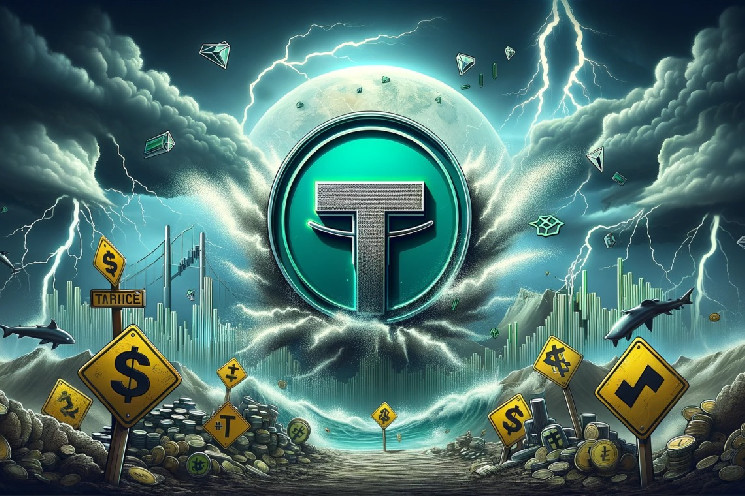Tether is working to improve its relations with regulators following the recognition of its USDT stablecoin as property in the UK.
On Sept. 13, Tether announced that it hired Jesse Spiro to spearhead its global engagement efforts with lawmakers, regulators, and key stakeholders.
Strengthening government relationship
According to the statement, Spiro’s extensive background in the legislative and regulatory industry would help to advance Tether’s goal of building a “future-proof financial and technological ecosystem.”
Spiro said:
“Tether plays a significant role in the current and future development of the digital economy and US dollar hegemony. The ever-evolving legislative and regulatory landscape will continue to require strong collaboration between the public and private sectors. “
Meanwhile, observers noted that Spiro’s hire could help improve Tether’s strained relationship with regulators. Over the years, the company has faced regulatory scrutiny over the reserves backing its USDT stablecoin.
However, Tether has made significant progress by consistently publishing quarterly attestation reports to ease these concerns.
Tether CEO Paolo Ardoino acknowledged this, stating:
“[Spiro’s] deep expertise in government relations and blockchain technology will be invaluable as we continue to navigate the complex and rapidly changing regulatory environment.”
Spiro previously served as PayPal’s Head of Regulatory Relations for its Blockchain and Digital Currencies division and was Chief Government Affairs Officer of the leading blockchain analytics firm, Chainalysis.
Legal recognition
On Sept. 12, a UK judge ruled that USDT is considered property under English law.
High Court of Justice Deputy Judge Richard Farnhill ruled:
“USDT attract property rights under English law. It is neither a chose in action nor a chose in possession, but rather a distinct form of property not premised on an underlying legal right. It can be the subject of tracing and can constitute trust property in the same way as other property.”
Notably, this ruling came a day after the UK Parliament introduced a bill to recognize digital holdings legally.
 cryptoslate.com
cryptoslate.com
